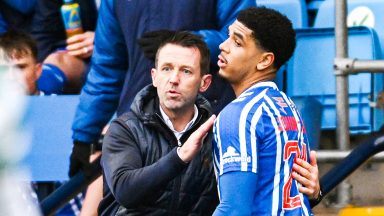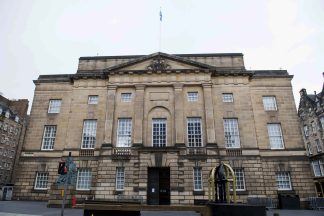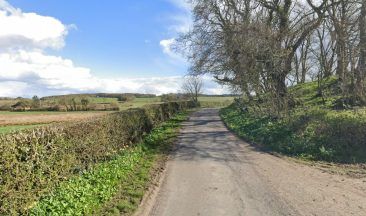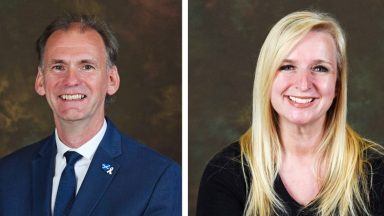Whistleblowers who raised concerns about a major hospital are owed an apology for having had to do so in the first place, a medical director has told an inquiry.
Dr Scott Davidson has been the medical director at NHS Greater Glasgow and Clyde (NHSGGC) since October 2024.
Prior to that, he served as deputy medical director for acute services at the Queen Elizabeth University Hospital (QEUH) in Glasgow since 2019, and was previously its clinical director when it opened in 2015.
The Scottish Hospitals Inquiry is examining the design and construction of the QEUH and the Royal Hospital for Children, which is on the same campus.
It was launched in the wake of deaths linked to infections, including that of ten-year-old Milly Main.
Giving evidence to the inquiry, before Lord Brodie, on Thursday, Dr Davidson was asked if he had previously described whistleblowers to a colleague as being “very tribal”.
Senior counsel Fred Mackintosh KC had read an extract from a document where Dr Andrew Murray and Dr Davidson had discussed colleagues who raised safety concerns around the hospital, with Dr Murray claiming Dr Davidson had made the comment.
Dr Davidson told the inquiry: “I suspect he was describing the tensions within the team and the situation.
“I don’t believe I’ll have gone into a specific detail. I certainly, for example, don’t recognise the use of the word tribal, that’s not a word I would use.”
He was then asked if NHSGCC had done everything it could to ensure it encouraged the disclosure of patient safety issues through the whistleblowing procedure.
He replied: “I have no reason to believe not, and I do believe we are doing everything that we can.”
Mr Mackintosh then asked if Dr Davidson agrees with the suggestion that his colleagues should not have had to become whistleblowers in the first place in order to see safety concerns addressed.
He said: “We’re sitting in a public inquiry. I think, even on a personal note, I feel an acknowledgement is an apology for every patient, family member, staff, both internal and external, that require to be acknowledged, and we need to learn from the inquiry, and we need to move on and ensure that we have that culture and environment going forward.”
Mr Mackintosh then asked a number of times if a more specific acknowledgement to whistleblowers would be appropriate, as opposed to a general apology to all parties involved.
Dr Davidson said: “I would like to be in an environment where whistleblowing is really important, that it’s there, so people have it. But I would like to be in a situation where whistleblowing is almost a never-event. So yes, there should be an acknowledgement.”
The KC interrupted, asking again if the board should make a specific acknowledgement to them.
He said: “I’m obviously a member of the board, and I feel that yes, there should be an acknowledgement for those colleagues, whistleblowers.”
The inquiry continues.
Follow STV News on WhatsApp
Scan the QR code on your mobile device for all the latest news from around the country


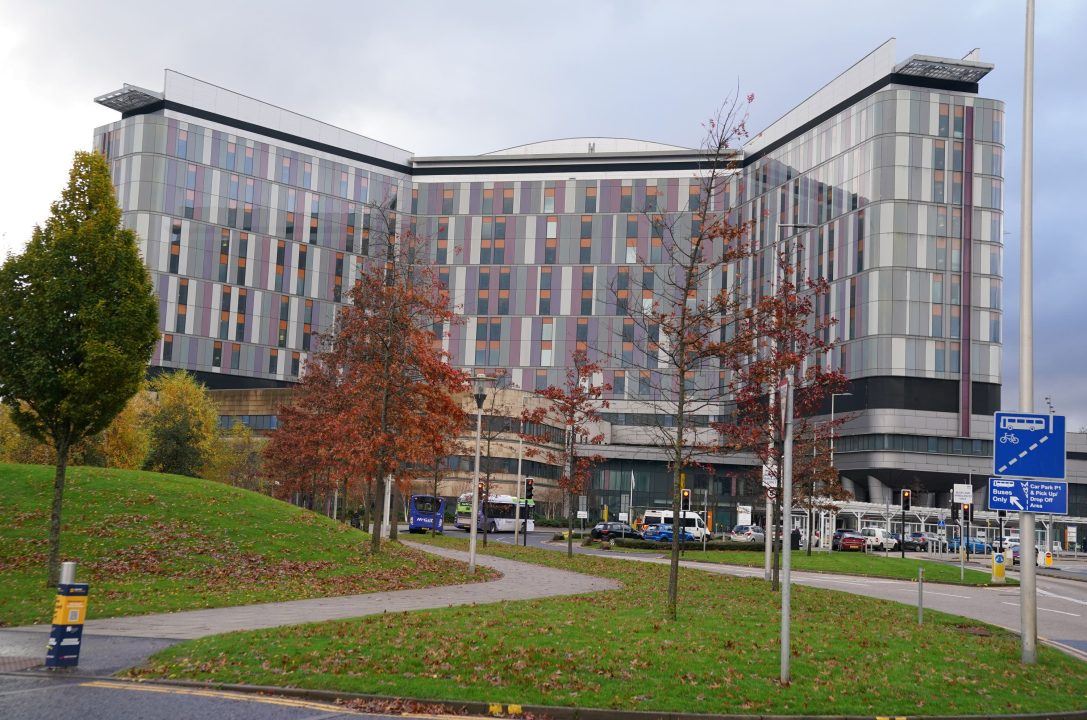 PA Media
PA Media







